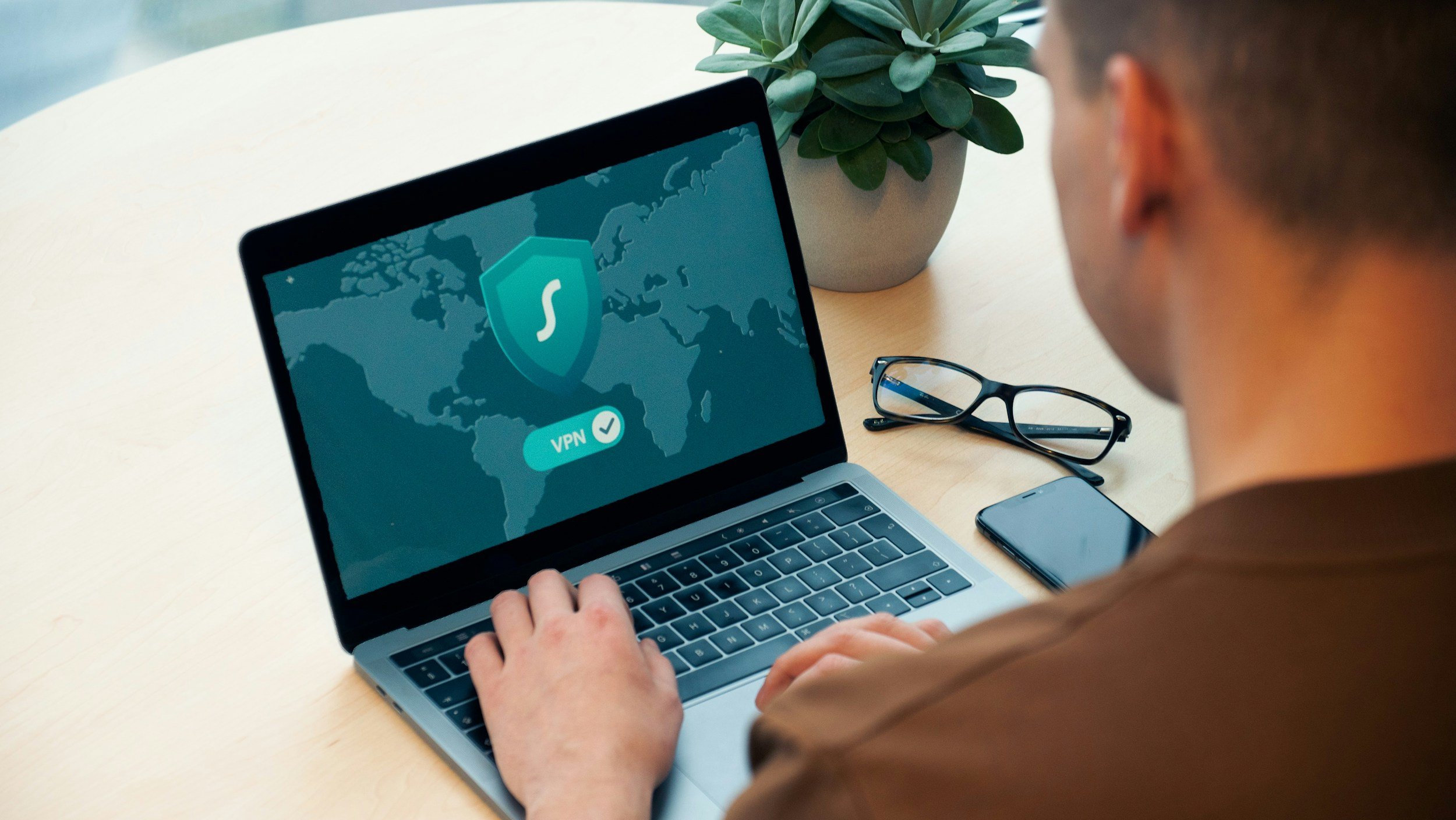In today’s digital age, online banking has become the norm for managing finances. While the convenience is undeniable, it also comes with risks. Cybercriminals are always devising new ways to exploit vulnerabilities and steal sensitive information. However, by implementing some basic cybersecurity practices, you can reduce the chances of falling victim to fraud. Here are some tips to help you secure your online banking experience:
- Use Strong, Unique Passwords: One of the simplest ways to protect your online accounts is by using strong, unique passwords. Avoid using easily guessable information like your birthdate or pet’s name. While conventional thought would have you create passwords with letters, numbers and symbols, the strongest passwords are random long phrases like “IwentToTheStoreToGetBreadAndButter”. This is far more difficult to brute force attack than “Som3Sh0rt!” Additionally, use a different password for each online account to minimize the impact of a potential breach.
- Enable Two-Factor Authentication (2FA): Two-factor authentication adds an extra layer of security by requiring users to provide two forms of identification before gaining access to their accounts. This involves entering a one-time code sent to your mobile device or generated by an authentication app. By enabling 2FA, even if someone manages to obtain your password, they won’t be able to access your account without the second factor of authentication.
- Beware of Phishing Attempts: Phishing emails are a common tactic used by cybercriminals to trick individuals into revealing sensitive information such as login credentials or financial details. Be cautious of emails requesting urgent action or containing suspicious links or attachments. Verify the authenticity of any email by checking the sender’s address and contacting the sender by phone if you’re unsure.
- Keep Software Updated: Regularly updating your operating system, web browser, and antivirus software is crucial for staying protected against the latest security threats. Software updates often include patches for known vulnerabilities, so by keeping your systems up to date, you can prevent attackers from exploiting these weaknesses.
- Monitor Account Activity: Stay vigilant by regularly monitoring your bank and credit card statements for any unauthorized transactions. Many financial institutions offer mobile apps or online portals that allow you to track your account activity in real-time. Report any suspicious transactions to your bank immediately to minimize potential losses.
- Use Secure Networks: Avoid conducting sensitive financial transactions over public Wi-Fi networks, as they are often insecure and prone to interception by cybercriminals. Instead, use a secure and private internet connection, such as your home Wi-Fi network or a trusted VPN (Virtual Private Network), when accessing online banking services.
- Secure Your Devices: Ensure that the devices you use for online banking, such as your computer, smartphone, or tablet, are adequately secured with up-to-date antivirus software. Additionally, consider enabling device encryption and using biometric authentication methods such as fingerprint or facial recognition to further enhance security.
- Educate Yourself: Stay informed about the latest cybersecurity threats and best practices by regularly reading reputable sources of information such as cybersecurity blogs, and news articles. Knowledge is your best defense against cyber threats.
- Avoid Chat Apps or Online Groups for Financial Advice: There are a number of new chat apps out there that are encrypted end to end. This means, no one can see your communication but you and the other party. While these apps preserve privacy, they also allow anonymous users to claim false identities. Be weary of anyone on these apps claiming to provide financial advice. Apps like WhatsApp, Telegram, and Discord are sometimes home to scammers. Reminder: Fortis will never give tips or ask you for personal information on any of these apps.
- Credit Monitoring: If all else fails, it’s always a good idea to have some form of credit and identity monitoring. This final safety net can allow you to lock your credit report in the case that someone steals your identity and attempts to perform a credit check.
By following these cybersecurity tips, you can safeguard your online finances and minimize the risk of falling victim to fraud or identity theft. While technology can make managing finances more convenient, please prioritize your own digital security. Stay vigilant, stay informed, and stay secure.



